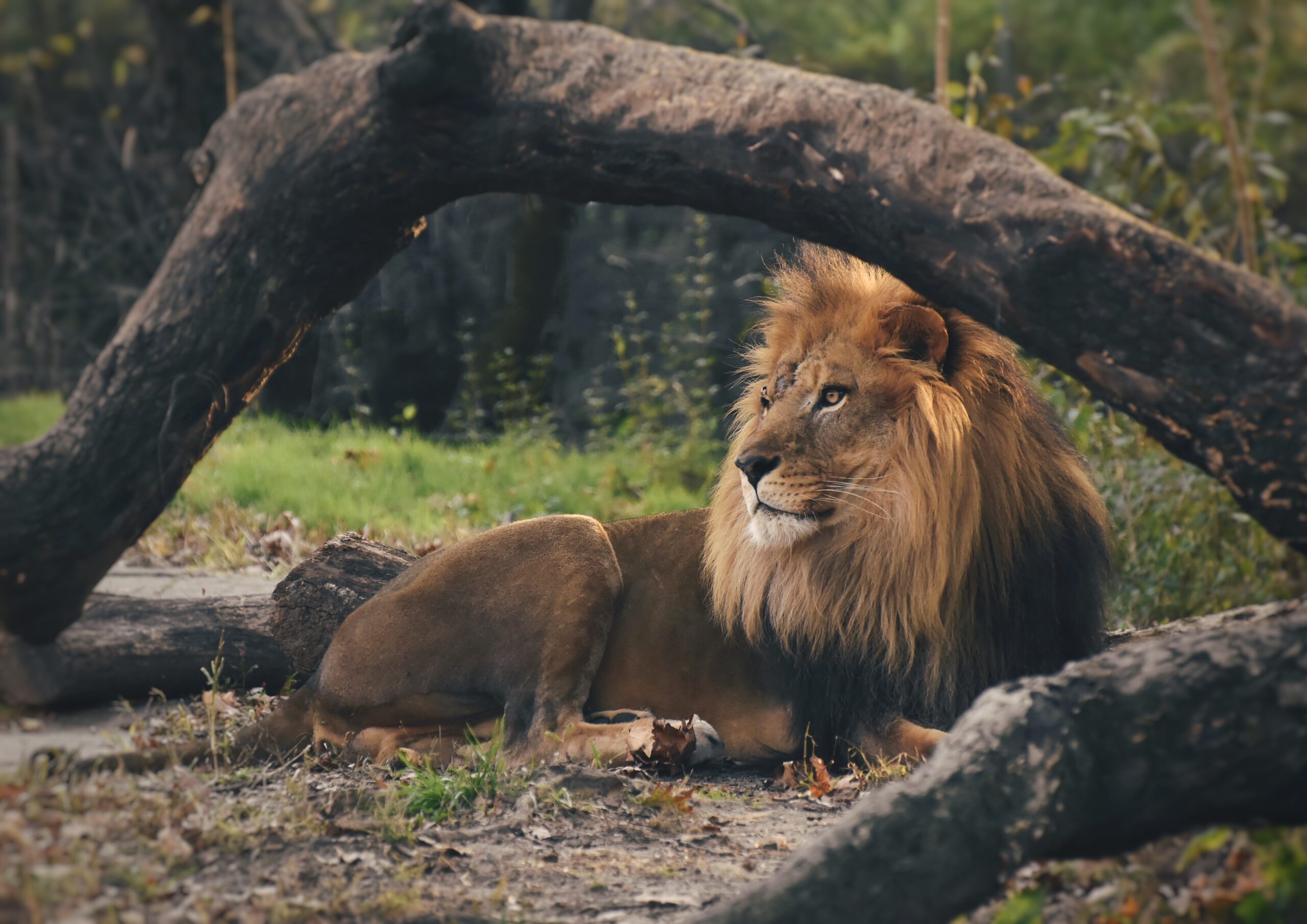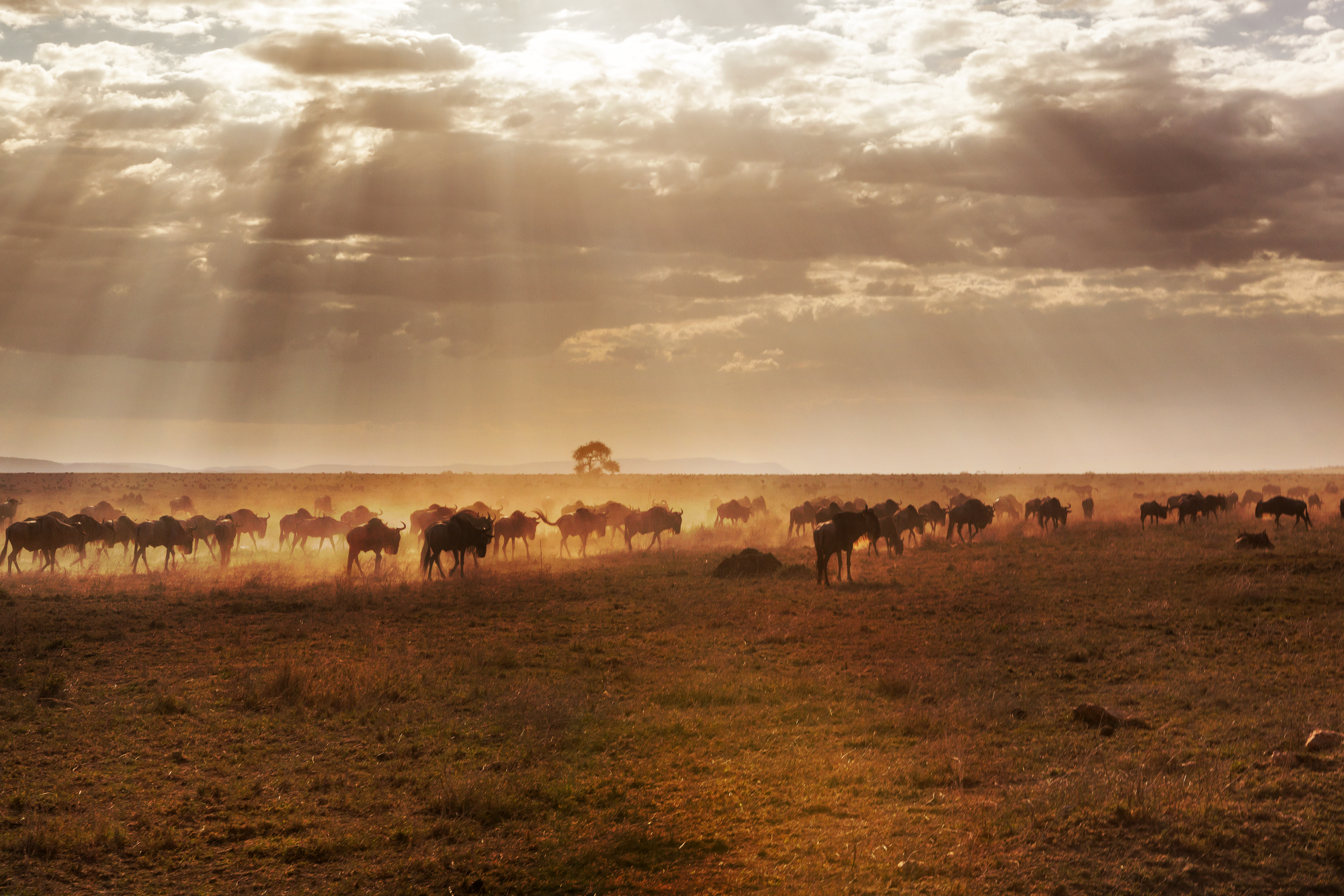Assessing the potential for a levy-based system to replace revenue from trophy hunting in South Africa
Trophy hunting, especially of African lions, continues to draw criticism from the public, yet it remains a vital source of conservation funding and economic support for local communities. As debates around banning it intensify, conservationists caution against overlooking the critical role hunting plays in preserving habitats, funding anti-poaching efforts, and incentivizing wildlife protection. A recent study in South Africa explored whether a “lion protection fee” on international tourists could replace the substantial revenue generated by trophy hunting. While the survey found support for such a fee—84.2% of potential visitors viewed it positively—researchers estimated that daily fees of $6–7 for international and $3–4 for regional tourists would be needed to match the $176.1 million raised through hunting. These findings highlight the immense value trophy hunting already provides and suggest that any alternative funding model must be carefully evaluated to ensure it delivers equal or greater conservation impact and continues to support the rural livelihoods that depend on it.

